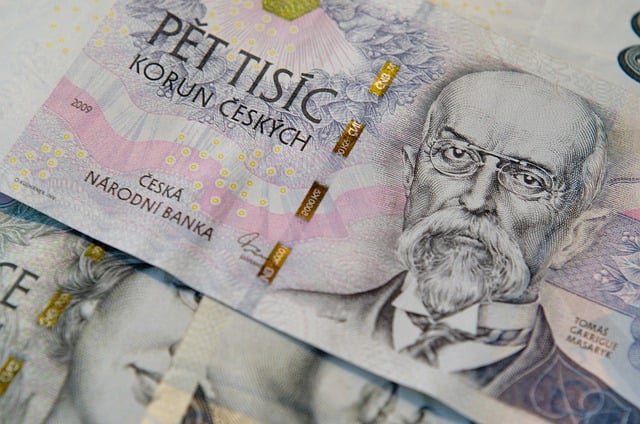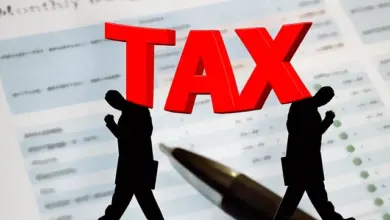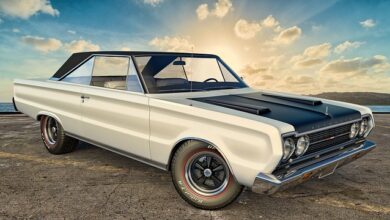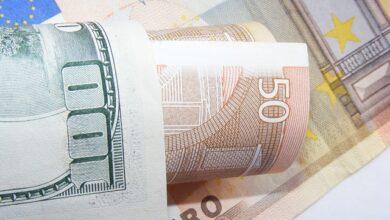The Real Cost of Owning a Car in Belgium

Owning a car in Belgium can be a significant financial commitment, with costs extending far beyond the initial purchase price. From taxes and insurance to fuel and maintenance, understanding the full cost of car ownership is essential for making informed decisions. In this article, we’ll break down the various expenses associated with owning a car in Belgium and provide insights into how you can manage these costs effectively.
1. Purchase Price
The first major expense is the cost of buying the car itself. This can vary widely depending on whether you buy new or used, as well as the make and model of the vehicle.
- New Cars: Prices for new cars in Belgium are generally high due to taxes and import duties. A compact car might start at around €20,000, while luxury vehicles can easily exceed €50,000.
- Used Cars: Buying a second-hand car can save money, but prices still depend on the age, condition, and mileage of the vehicle. Expect to pay anywhere from €5,000 to €20,000 for a reliable used car.
Taxes on New Cars
Belgium imposes several taxes on new car purchases:
- Registration Tax (BIV/TVI): This one-time tax is based on CO₂ emissions and engine power. For example, a low-emission car might incur a tax of €500–€2,000, while a high-emission vehicle could cost tens of thousands of euros.
- VAT (BTW/TVA): The standard VAT rate of 21% applies to all car purchases.
2. Annual Road Tax
Every car owner in Belgium must pay an annual road tax, which varies depending on the vehicle’s environmental impact and engine size.
- Low-Emission Vehicles: Cars with lower CO₂ emissions enjoy reduced rates, sometimes as low as €60–€100 per year.
- High-Emission Vehicles: Older or less eco-friendly cars can face road taxes exceeding €500 annually.
3. Insurance Costs
Car insurance is mandatory in Belgium, and premiums depend on factors like your driving history, age, location, and the type of coverage you choose.
- Third-Party Liability Insurance (Civil Liability): The minimum required coverage, costing approximately €400–€800 per year.
- Comprehensive Insurance: Offers additional protection against theft, damage, and accidents. Premiums typically range from €800 to €1,500 annually.
- Discounts: Safe drivers may qualify for discounts, while younger or inexperienced drivers often face higher premiums.
4. Fuel Expenses
Fuel prices in Belgium are among the highest in Europe due to heavy taxation. As of 2023:
- Petrol (Gasoline): Approximately €1.80–€2.00 per liter.
- Diesel: Around €1.70–€1.90 per liter.
- Electricity for EVs: Charging an electric vehicle (EV) at home costs significantly less than fueling a traditional car, though public charging stations may charge higher rates.
Fuel Efficiency Considerations
Choosing a fuel-efficient or hybrid vehicle can help reduce ongoing costs. Additionally, many cities offer incentives for using eco-friendly transportation options.
5. Maintenance and Repairs
Regular maintenance is crucial to keep your car running smoothly, and repair costs can add up quickly.
- Routine Servicing: Oil changes, tire rotations, and other basic services typically cost €150–€300 per year.
- Major Repairs: Unexpected repairs, such as replacing brakes or fixing the transmission, can cost hundreds or even thousands of euros.
- Winter Tires: Many drivers switch to winter tires during colder months, adding another €200–€500 to annual expenses.
6. Parking Fees
Parking costs vary depending on where you live and drive:
- Urban Areas: Cities like Brussels, Antwerp, and Ghent have expensive parking fees, ranging from €2–€4 per hour in central locations. Monthly parking permits can cost €100–€300.
- Residential Permits: Some neighborhoods require residents to purchase annual parking permits, which can range from €100 to €500.
7. Toll Roads and Congestion Charges
While Belgium does not have widespread toll roads, certain areas impose congestion charges:
- LEZ (Low Emission Zones): Major cities like Brussels and Antwerp restrict access to older, polluting vehicles. Non-compliant cars face fines of €350 or more if caught entering these zones without permission.
- Cross-Border Travel: If you frequently travel to neighboring countries, be aware that some highways in France, Germany, and Luxembourg require toll payments.
8. Depreciation
Cars lose value over time, and depreciation is one of the largest hidden costs of ownership:
- New Cars: Typically lose 20–30% of their value within the first year and up to 50% after three years.
- Used Cars: Depreciate more slowly but still represent a long-term financial loss.
9. Additional Costs
Several other expenses contribute to the overall cost of car ownership:
- Driver’s License Renewal: Every five years, drivers must renew their license for about €25–€50.
- Speeding Fines and Tickets: Traffic violations can result in hefty penalties, ranging from €50 for minor infractions to €250+ for speeding or illegal parking.
- Breakdown Assistance: Subscribing to roadside assistance services like Touring or VAB costs €50–€100 annually.
Total Estimated Costs
To give you a clearer picture, here’s a rough breakdown of yearly expenses for an average car owner in Belgium:
| Expense | Annual Cost |
|---|---|
| Road Tax | €100–€500 |
| Insurance | €400–€1,500 |
| Fuel | €1,500–€3,000 |
| Maintenance & Repairs | €200–€500 |
| Parking | €100–€500 |
| Miscellaneous (fines, etc.) | €50–€200 |
| Total | €2,350–€6,200+ |
Tips to Reduce Costs
- Choose an Eco-Friendly Vehicle: Lower-emission cars benefit from reduced taxes and cheaper fuel/charging costs.
- Drive Less: Opt for public transport, cycling, or walking when possible to cut down on fuel and wear-and-tear expenses.
- Shop Around for Insurance: Compare quotes from multiple providers to find the best deal.
- Perform Regular Maintenance: Preventive care can avoid costly repairs later.
- Avoid City Centers: Use park-and-ride facilities to minimize parking fees and congestion charges.



